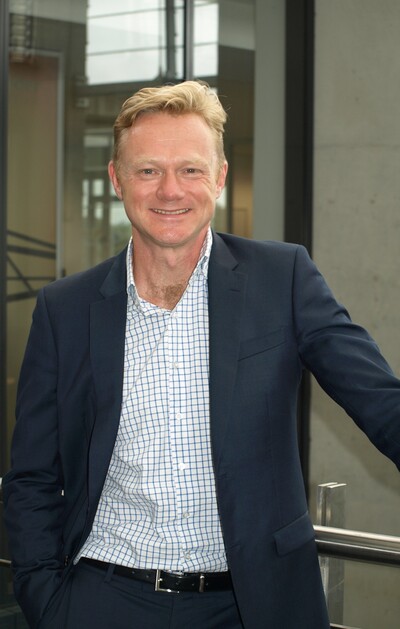This post was originally published on Sustainability Matters

Australian businesses find themselves at the crossroads of sustainability and climate action. The imperative to reduce carbon emissions has never been more pressing, and with decarbonisation targets in place, Australian businesses must navigate this new era of environmental consciousness.
Addressing climate change is not just a matter of environmental responsibility; it is now a fundamental business imperative. Society is in the midst of an energy transition fuelled by net zero imperatives yet stalled by overwhelm from lack of clarity as to the most effective way forward.
The digital key to a sustainable future
The path to achieving net zero emissions is not solely reliant on new energy sources. In fact, it’s far easier and better to save a unit of energy than it is to make one greener. Real transformation hinges on optimising energy consumption and demand-side management. It requires a multifaceted approach: consumption reduction, replacing legacy infrastructure, and electrification.
The power of digital in catalysing that change is starting to be realised. Advanced automation, metering, and monitoring allow companies to understand and manage energy consumption effectively, thereby enhancing operational efficiency, reducing waste, and extending the lifespan of equipment.
By deploying smart devices, apps, analytics, and software, energy can be used more efficiently, driving immediate carbon reduction. Also crucial is a flexible, digital grid that can accommodate energy generation from industry and households and enable demand response.
Electrification, combined with digital technologies, can substantially reduce emissions. In commercial buildings, for instance, the adoption of electric and digital technologies can reduce energy demand by up to 40%.
Sustainability as a competitive advantage
Schneider Electric’s Sustainability Index reveals that a significant majority of businesses are realising the value of the competitive edge that sustainability offers.
Companies embracing sustainability are taking tangible steps to improve energy efficiency and adopt renewable energy sources. These actions not only insulate them from energy supply and pricing volatility but also support bottom line results through operational efficiency gains.
However, despite growing awareness and commitment to sustainability, many businesses still fall short in implementing decarbonisation strategies. Only half of the respondents in the same survey reported having a decarbonisation strategy in place. Yet, to achieve the necessary emissions reductions in time, businesses must set ambitious targets and embark on the journey toward sustainability…now.
More than target-setting
While Australia has set a net zero 2050 target, much greater advancement is needed to meet the intervening 2030 milestone marking our progress and likelihood of success. Government funding for low-emissions technology is a positive step, but collaboration across government, businesses, and individuals also plays a key role in accelerating the energy transition and ensuring initiatives to reach net zero are encouraged and facilitated.
Both the technology and the mindset already exist to make deep inroads to reducing our collective carbon footprint. It’s up to businesses to harness the existing technology and drive innovation in emerging technologies to meet the accelerated pace required to address climate change.
The time for incremental change has passed. Companies must act urgently to prioritise digitalisation, implement robust decarbonisation strategies, and embrace sustainable transformation to secure a sustainable future.
As an ‘Impact Company’, Schneider Electric celebrates and encourages those who join us. To be ‘Impact Makers’ is our call to action for people and companies to collectively contribute to a more energy resilient, electric, and net zero world. The moment for impact is now.
Pacific Zone President, Schneider Electric, Gareth O’Reilly is a global citizen with multinational leadership experience whose international perspective shapes his vision for the technology market. Gareth’s passion is to change how businesses operate, enabling companies to create value to meet the technical, financial and sustainability challenges of the future.
Top image credit: iStock.com/Supatman





0 Comments